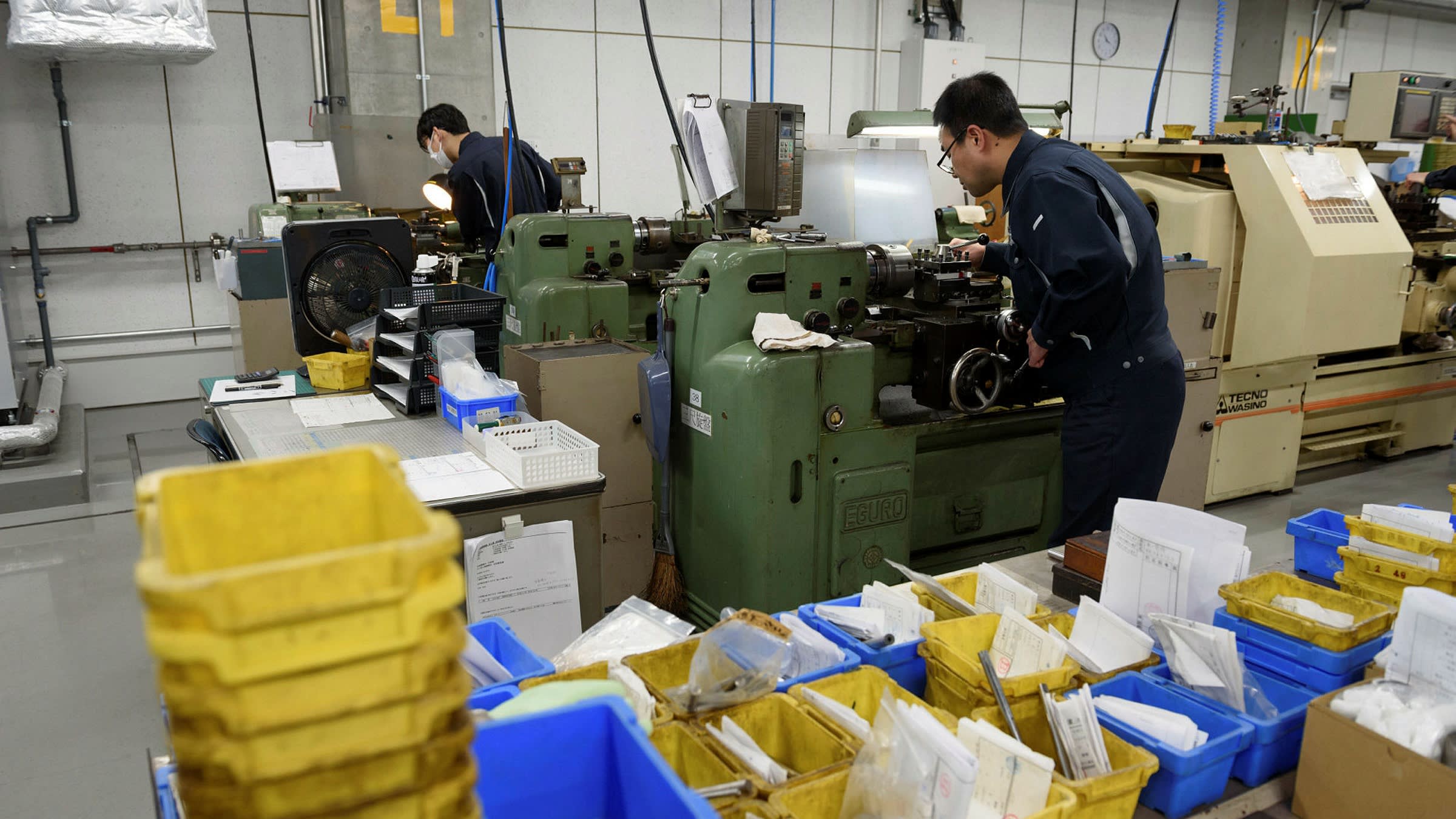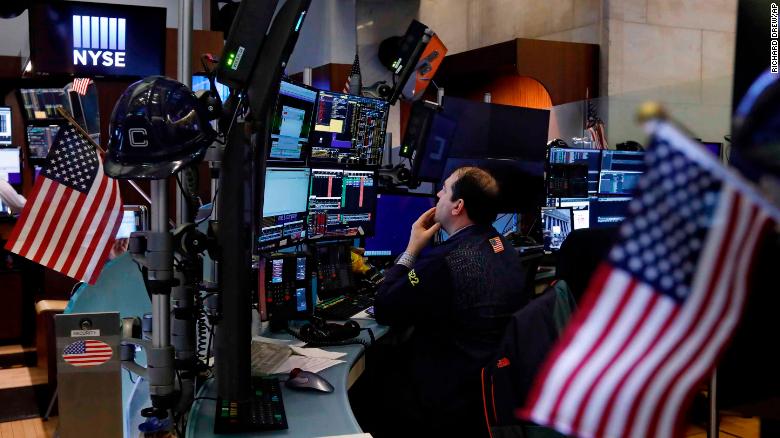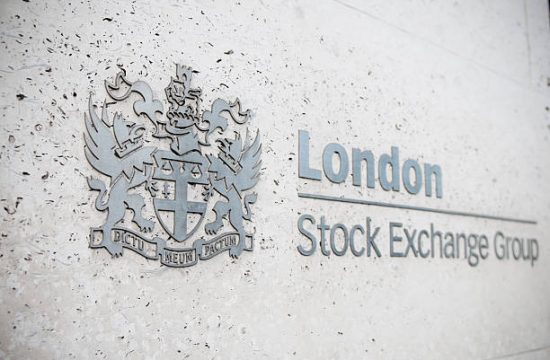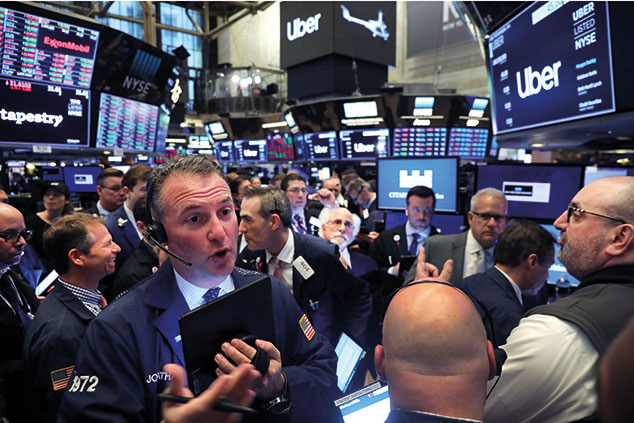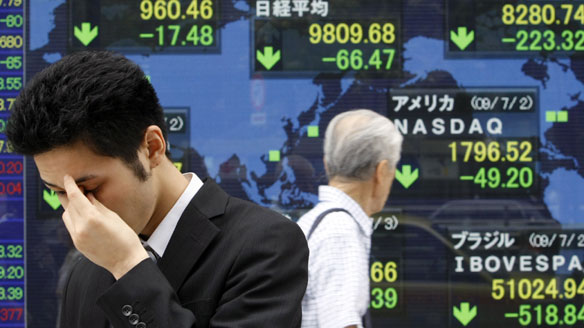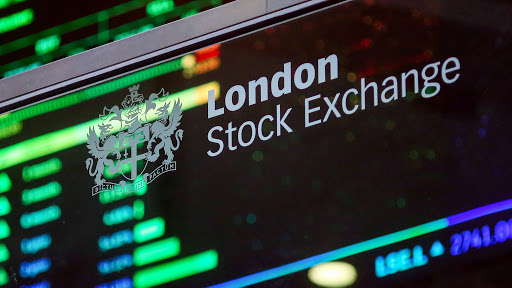Trade statistics for the month of April were horrific in all Asian countries. In the chart below, we have plotted Taiwan’s manufacturing business surveys released by the Taiwan National Development Council. Manufacturing PMI, new orders, and manufacturing production all have contracted in April.
Manufacturing PMI was out at 47.6, new orders – which are usually considered as good leading indicators of Asian trade – collapsed at a low point this cycle of 37.1 and manufacturing production plunged at 40.2 – a new low that was not even reached during the 2015-16 Chinese turmoil.
Looking at preliminary data for the month of May, it all indicates that the global trade downturn is likely to worsen in the short term. South Korea, which is the first country to report trade data in Asia, released terrible figures this morning. In the first ten days of May, which gives us a direction for the rest of the month, exports dropped minus 46.3% YoY, and imports were down minus 37.2% YoY.
The details of the product and by region provide a gloomy picture of the global economy: semiconductor exports are out at minus 17.8%, auto exports at minus 80.4%, and exports to China are at minus 29.4%.
Our worst fears are confirmed. The end of lockdown is not associated with a rebound in trade. Due to the hysteresis effect on global aggregate demand and the fact that many countries, notably in South-East Asia, are still battling against the virus, global trade is doomed to fall further in the coming months before it gets better at the end of 2020.
All the leading indicators that have been released lately, including today’s South Korea data but also Germany’s manufacturing PMI, are consistent with a sharp slump in world goods trade volume this year similar to that seen at the end of 2008. Our best-case scenario is that global trade will contract by a double-digit in 2020, at minus 10% YoY.
The obvious bottom line is that global trade is still vulnerable to a second wave of the coronavirus, which is likely to materialize in the coming months in many countries, as it is currently the case in Germany and South Korea. This will force policymakers to put in place soft lockdown measures that will have negative impact on business.
Best regards.

